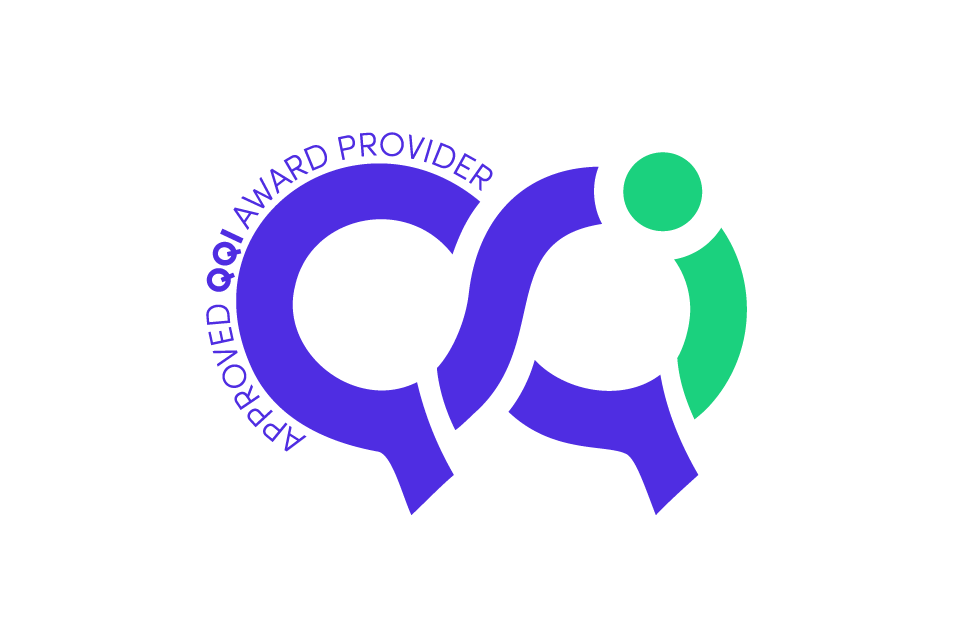Three-year programme allowing for an expedient pathway to employment or further study
Dissertation and seminar module in Year 3 provides students with the opportunity to carry out supervised research with the guidance of one-to-one supervision
Programme is accredited by The Psychological Society of Ireland (PSI)
The B.A. (Honours) in Psychology (Major) is a 3-year programme is validated by Quality and Qualifications Ireland (QQI) and The Psychological Society of Ireland (PSI). This programme will help you explore how the brain works and help you make sense of the human impact on the world in which we live. You will explore the thoughts, feelings and actions of individuals and groups and understand how we think, behave and make decisions. The study of Psychology at Carlow College allows insight into countless intriguing facets of cognitive function.
You will develop both a broad, interdisciplinary knowledge of psychology and a deep understanding across the core pillars of undergraduate training, namely;
• Biological psychology
• Developmental psychology
• Social psychology
• Individual differences
• Cognitive psychology
• Research Methods
This programme is delivered over 3 years with all mandatory modules.
All mandatory modules
All mandatory modules
All mandatory modules
Psychology is a deeply interesting subject that touches on all aspects of human experience. Psychology underpins motivation, attitude, belief, value systems, and can and does shape behaviours across the lifespan. Accordingly, psychology offers several routes towards a wide range of professional and occupational profiles. These profiles fall into two broad categories:
Professional Psychology Careers (requiring postgraduate study)
• Clinical Psychology – working in health settings with people with psychological illnesses including depression, anxiety and psychotic illnesses such as schizophrenia or bi-polar Clinical psychologist can operate independently in Private Practice or alongside other health professionals.
• Educational Psychologist – usually working with schools to assist pupils with learning difficulties and emotional difficulties. Educational psychologists may also work in government in bodies such as the National Educational Psychologists (NEPS) or the Higher Education Authority. Educational Psychologists can establish a private practice undertaking assessment and improvement planning for vulnerable children.
• Forensic Psychologist – can work in the prison service, the police service, social services and in University Forensic psychologists may work with offenders and in rehabilitation services. This is a growing field in Ireland today.
• Behavioural Psychologist – can work in applied settings such as residential services, schools, homes and in University departments. Behavioural psychologists may work with individuals with behavioural deficits or excesses (e.g., individuals with autism, intellectual disabilities and global developmental delays) and provide behaviour analytic or positive behaviour support. This is a growing field in Ireland currently with a growing division (Division of Behavior Analysis) within the Psychological Society of Ireland.
• Counselling Psychologist – fully qualified counsellors or psychotherapists usually establish their own practice offering psychological therapy to clients with a wide range of psychological challenges and they can also work in teams across Colleges, schools and health care facilities.
A more comprehensive list of professional Psychology careers can be found at https://www.psi.ie or at https://careers.bps.org.uk along with a useful career options support tool.
Psychology Related Careers
Psychology is concerned with the study of mind and behaviour, and as such, there are many careers in which a Psychology degree offers graduates a strong entry point. These include:
• Teaching, including in early years, further and adult education
• Special Needs Assistant (SNA)
• Careers advisor
• Marketing and Market Research
• An Garda Síochána or Immigration Officer
• Human Resources, Coaching and Mediation
• Sports and Exercise Coach
Coming soon
Minimum Entry Requirements
Two grade H5 and four grade H7/O6 including English, Irish or a foreign language and a minimum grade O6 in Mathematics
Mature students will be required to sit a Mathematics Computation Test arranged by the College.
Further information on Entry Requirements and application processes available here
Information for Non-EU applicants can be found here
Fees & Grants
Irish/EU learners
Please note this is programme is not funded by the Department of Education and grants will not be available through SUSI. As such, the following EU course fees will apply:
Annual Course Fee €5,250
Learner Protection Insurance (annually) €160
QQI Certificate (once-off) €200
Non-EU learners
Details of Programme Fees and Protection of Enrolled Learner Fees can be found here

The BA (Hons) in Psychology is validated by Quality & Qualifications Ireland (QQI).
